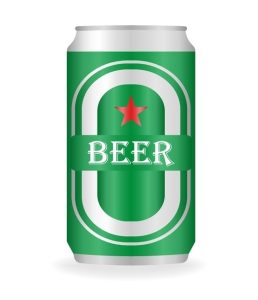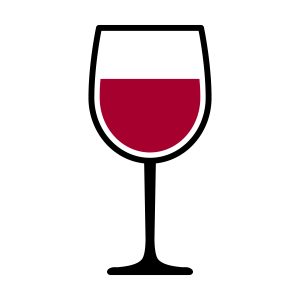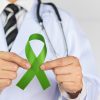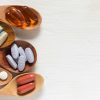Evidence-based knowledge is essential to identifying cancer prevention methods. Let’s find out together what lifestyle changes reduce cancer risk.
1. Physical Activity versus Cancer Risk
| Explanation | There is strong evidence that physical activity protects against colon and endometrium cancers and helps prevent excess weight gain |
| Suggestion | – Limit sedentary lifestyle (watching television or screens, using electronic devices)
– Be active with more walking and staircase climbing – Involve in at least 150 minutes of moderate-intensity or 75 minutes of vigorous-intensity physical activity weekly * Moderate-intensity: Can talk but cannot sing during workout (brisk walking, leisure cycling, gardening, swimming) * Vigorous-intensity: Cannot talk and sing during workout (running, fast swimming, fast cycling, aerobics) |
2. Sugar Control versus Cancer Risk
| Explanation | There is convincing evidence that consumption of sugar-sweetened drinks is a cause of overweight and obesity, which increases the risks of many cancers |
| Suggestion | – Limit sugar-sweetened drinks and ensure daily added sugar consumption not more than 50g
– Suggest drinks lower in sugar or no sugar added – Suggest usage of natural ingredients and artificial sweetener in meal preparation (stevia, aspartame, monk fruit sweetener) |
3. Wholegrains, Fruits and Vegetables versus Cancer Risk
| Explanation | There is strong evidence that eating wholegrains protects against colorectal cancer, and that eating foods containing dietary fibre protects against colorectal cancer and against weight gain, overweight and obesity |
| Suggestion | – Choose wholegrains as carbohydrate sources (brown rice, wholemeal bread, wholegrain noodles, oats, chapatti, buckwheat, millet, quinoa)
– Include two servings of fruits and two servings of vegetables daily (one serving is equivalent to size of a fist) |
4. Processed Meat versus Cancer Risk
| Explanation | There is strong evidence that daily consumption of 50g of processed meat increases the risk of colorectal cancer by 18%
* Processed meat: ham, bacon, sausage, Chinese sausage, salami, fish ball, fish cake, crab meat World Health Organization claims processed meat as Class 1 carcinogen (cancer-related) |
| Suggestion | – Consume very little processed meat and choose fresh raw meat instead |
5. Alcohol and Tobacco Smoking versus Cancer Risk
| Explanation | There is strong evidence that consumption of alcoholic drinks is a cause of cancers of the mouth, pharynx and larynx, oesophagus (squamous cell carcinoma), liver, colorectum, breast (pre- and postmenopause), and stomach, while tobacco use is a leading cause of cancer and of death from cancer | ||||||
| Suggestion | – Avoid alcohol drinking and tobacco smoking
– If consume alcohol, men to drink not more than 2 servings daily, while women not more than 1 serving daily * 1 serving of alcohol =
|
References:
- Department of Health and Human Services, Office of Disease Prevention and Health Promotion (2018). Eat healthy, be active: Community workshops. Skyhorse.
- Health Promotion Board. (2021, July). National Physical Activity Guidelines: Summary Guide for Professionals.
- International Agency for Research on Cancer. (n.d.). Cancer topics. https://www.iarc.who.int/cancer-topics/
- Rock, C. L., Thomson, C., Gansler, T., Gapstur, S. M., McCullough, M. L., Patel, A. V., Andrews, K. S., Bandera, E. V., Spees, C. K., Robien, K., Hartman, S., Sullivan, K., Grant, B. L., Hamilton, K. K., Kushi, L. H., Caan, B. J., Kibbe, D., Black, J. D., Wiedt, T. L., . . . Doyle, C. (2020). American Cancer Society guideline for diet and physical activity for cancer prevention. CA: A Cancer Journal for Clinicians, 70(4), 245–271. https://doi.org/10.3322/caac.21591
- World Cancer Research Fund International. (2022, April 21). Cancer prevention recommendations. https://www.wcrf.org/diet-activity-and-cancer/cancer-prevention-recommendations/
Related content:








